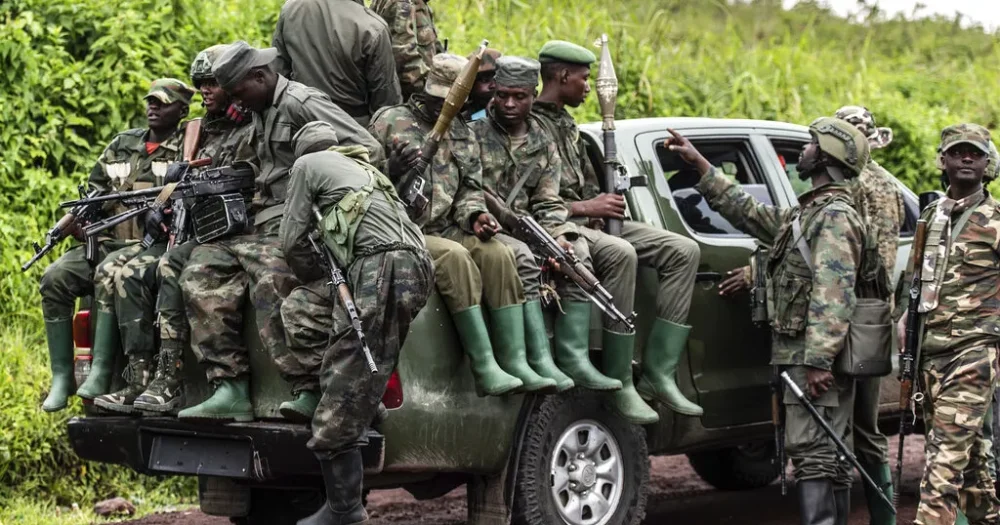Regional political analysts are emphasizing the critical need for dialogue between the Democratic Republic of Congo (DRC) government and the M23 rebel group to resolve the ongoing insecurity in Eastern Congo. The call for negotiations follows the abrupt postponement of a peace agreement ceremony scheduled for December 15, 2024, in Luanda, Angola, involving Rwandan President Paul Kagame and DRC President Félix Tshisekedi.

The ceremony, organized under the mediation of Angola, aimed to solidify steps toward peace in the troubled region. However, disputes during preparatory talks, particularly over the DRC’s refusal to engage with the M23 group, derailed the event. While both sides had agreed to address the presence of the FDLR rebel group and Rwanda’s security concerns, dialogue with M23 remains a sticking point.
The Case for Dialogue
Ambassador Joseph Mutaboba underscored the necessity of dialogue in conflict resolution, drawing parallels to personal and societal disputes. “Engaging with M23 is mandatory in negotiations. In governance and conflict management, dialogue is the foundation,” Mutaboba said. He criticized the DRC’s resistance to recognizing M23 members as citizens with legitimate grievances, warning that external solutions cannot replace internal reconciliation.
“When words fail, some turn to guns to seek solutions,” Mutaboba added, highlighting the risk of escalating violence if negotiations do not progress. He also pointed out the potential exploitation of the conflict for personal gain, raising concerns over the Tshisekedi administration’s inconsistent stance.
Legal expert Jean Baptiste Gasominari echoed this perspective, linking the DRC’s reluctance to engage with M23 to a lack of political will. He described the DRC’s refusal to negotiate with a militarily dominant entity as counterproductive. “M23 controls nearly three-quarters of North Kivu Province. Refusing dialogue with them raises questions about the DRC’s true intentions,” Gasominari said.
Gasominari suggested that the crisis may be serving hidden political and economic interests within the DRC, with leaders using the conflict as a tool to deflect public dissatisfaction. He also noted the group’s origins in 2012, citing unfulfilled promises from a 2009 peace agreement as a key driver of M23’s grievances.
A Fragile Path to Peace
The M23 group, primarily composed of Congolese Tutsi advocating for their community’s rights, has been a significant force in North Kivu Province since its resurgence in 2021. Despite participating in the Nairobi peace talks in 2022, the group was later expelled, accused of reigniting conflict.
The stalemate in dialogue and continued hostilities in the region underline the challenges of achieving sustainable peace. Analysts warn that without genuine, inclusive discussions, the cycle of violence is likely to persist.
As the international community watches closely, the call for dialogue remains urgent. Resolving the DRC’s insecurity demands not only political courage but also a commitment to addressing the grievances of all stakeholders, including the M23. Whether the Tshisekedi administration will heed these calls remains to be seen.



